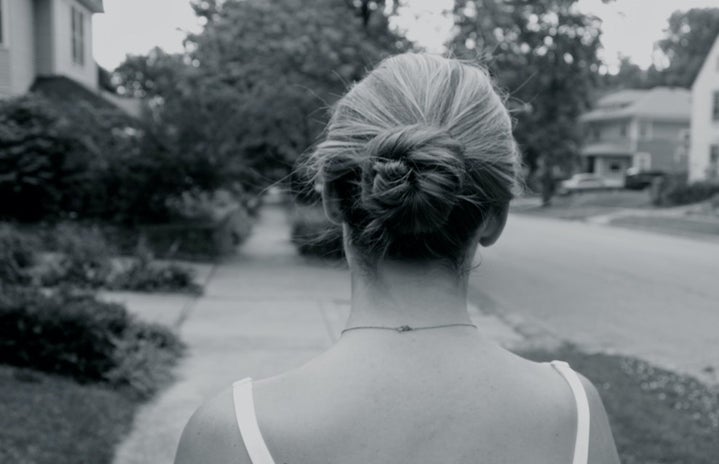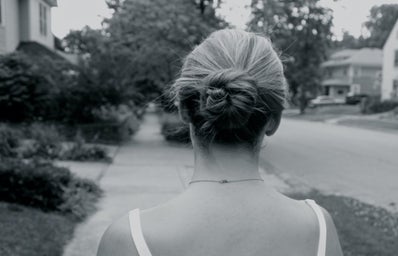Before I begin this article, I’d like to warn the reader that there are potential triggers in my writing regarding suicide, mental health, and abuse. If you or someone you know is struggling with mental health issues or thoughts of suicide, please do not be afraid to seek health. MSU offers counseling and psychiatric services, and the suicide prevention lifeline is available 24/7 for confidential phone calls. Lastly, if you are trapped in an abusive situation, you can contact Adult Protective Services.
June 29, 2020. I had convinced myself I was going to throw myself in front of a car, that it would be over with that. All it took was a little bit of adrenaline and a whole lot of desperation. I watched a silver Toyota and a red Saturn pass by. I couldn’t do it.
My neighbors found me an hour later having a panic attack in the park down the street from my house, laying on the ground shaking and sobbing. I had been kicked out of my parent’s house at the age of seventeen for the fourth time, and this time was the worst. I had called my father an abuser, remembering every time he’d thrown me into walls, blamed me for the family falling apart. It was exhausting. And so when the neighbors asked me what I needed, I finally knew what I needed to do.
I needed to go to the psychiatric hospital.
It was something that was threatened by my parents, like some sort of punishment for being depressed, but I had never seriously considered the possibility of getting help until then. But it was what I needed. And finally, it was something I wanted, too.
At the hospital, I went through workshops and therapy sessions, was put on meds, and was given the tools I needed to be able to continue doing better when I was discharged. I made friends, too, who help to keep me accountable for my mental health.
But the question is asked: why was I there? I felt like I was responsible for everything bad happening in my life, and in other peoples’ lives, too. I felt like I had ruined everything around me.
Chances are, you feel like that, too. That’s why you’re reading this. Well, I can assure you, you are not responsible. There are things you can do to help yourself.
The first thing you have to do before you can get better is to realize and accept that you have a problem. This doesn’t have to be anything you specifically are doing. Maybe you’re in a bad relationship, or you have an unchecked mental illness that is making you feel this way. By identifying your problem, you’re then able to move on to the next step: to get help.
Getting help looks different for everyone and really depends on the situation. Not everyone has to go to the hospital, as I did, to be able to get better. Sometimes getting away from the problem and receiving closure to what happened is enough. Therapy helps for some people, while it isn’t enough for others. Therapists can help determine what treatment is the best for you, whether it be talk therapy or more rigorous behavioral treatments. Medications are the next step, which can be discussed with a psychiatrist. Maybe you feel it is best to go to the hospital, where therapy and medication, as well as structured activities, are used to help rehabilitate patients. It’s a very safe and almost always calm environment, filled with other people like you who also want to get better.
The next and final step is perhaps the hardest, and that’s introspection and forgiveness. You don’t owe anyone an explanation of what happened, nor do you owe them apologies or forgiveness, but if it helps you move on and get better, it’s definitely something I suggest to everyone. But most importantly, you have to forgive yourself. Whatever happened, you have to realize that it isn’t your fault, and it’s an important step in recovery that you realize this. Every time I sought help, I lacked this step, and until I finally found it within myself to forgive what I’ve done, I was never able to make progress.
With these three steps, recovery is within your reach. It takes time and effort, but it’s worth every moment and struggle. It’s also important to realize that sometimes, you may relapse into old patterns. Recognizing these patterns and learning to stay away from them can be hard, but once you do, you can do anything you put your mind to.


